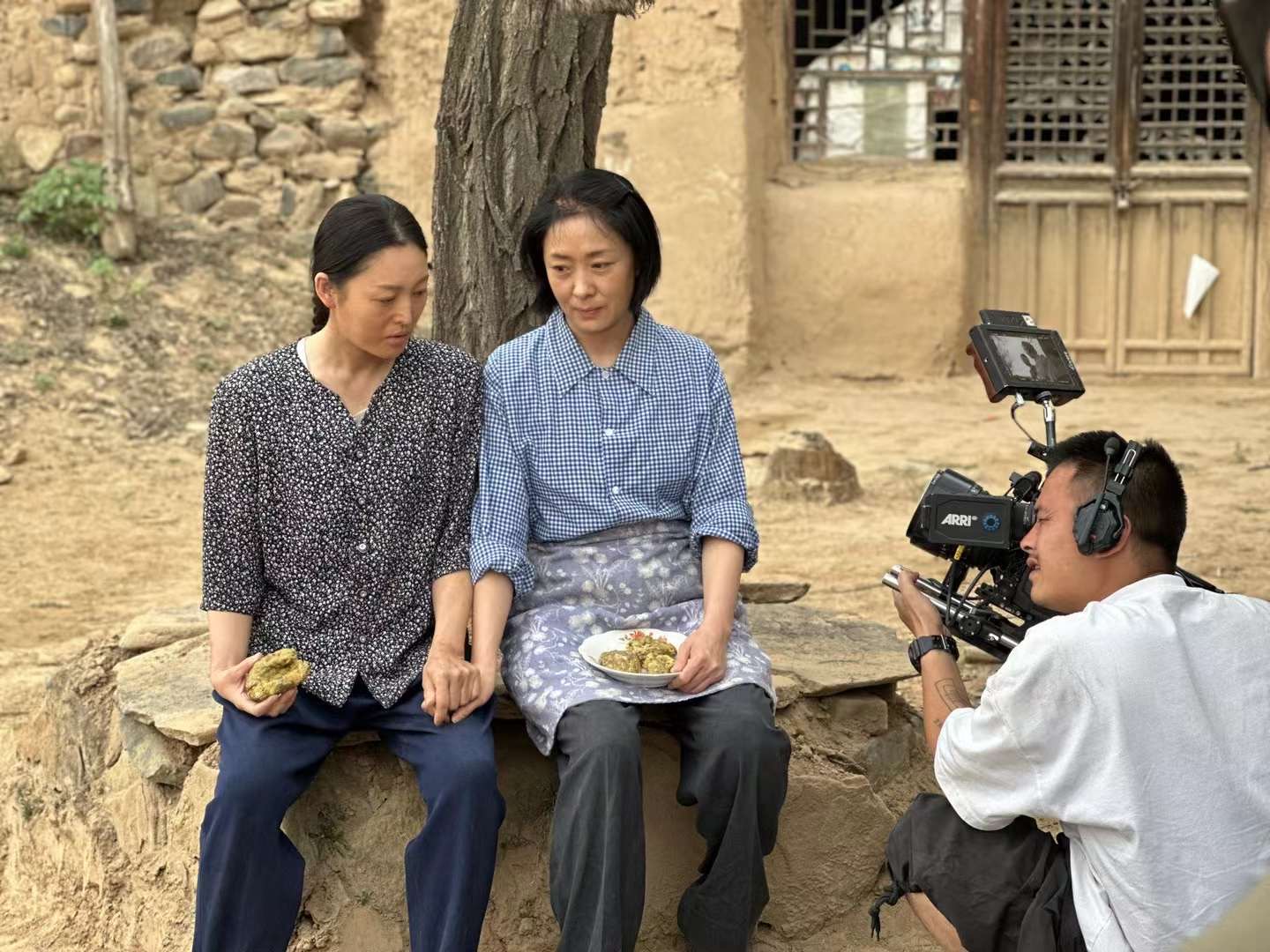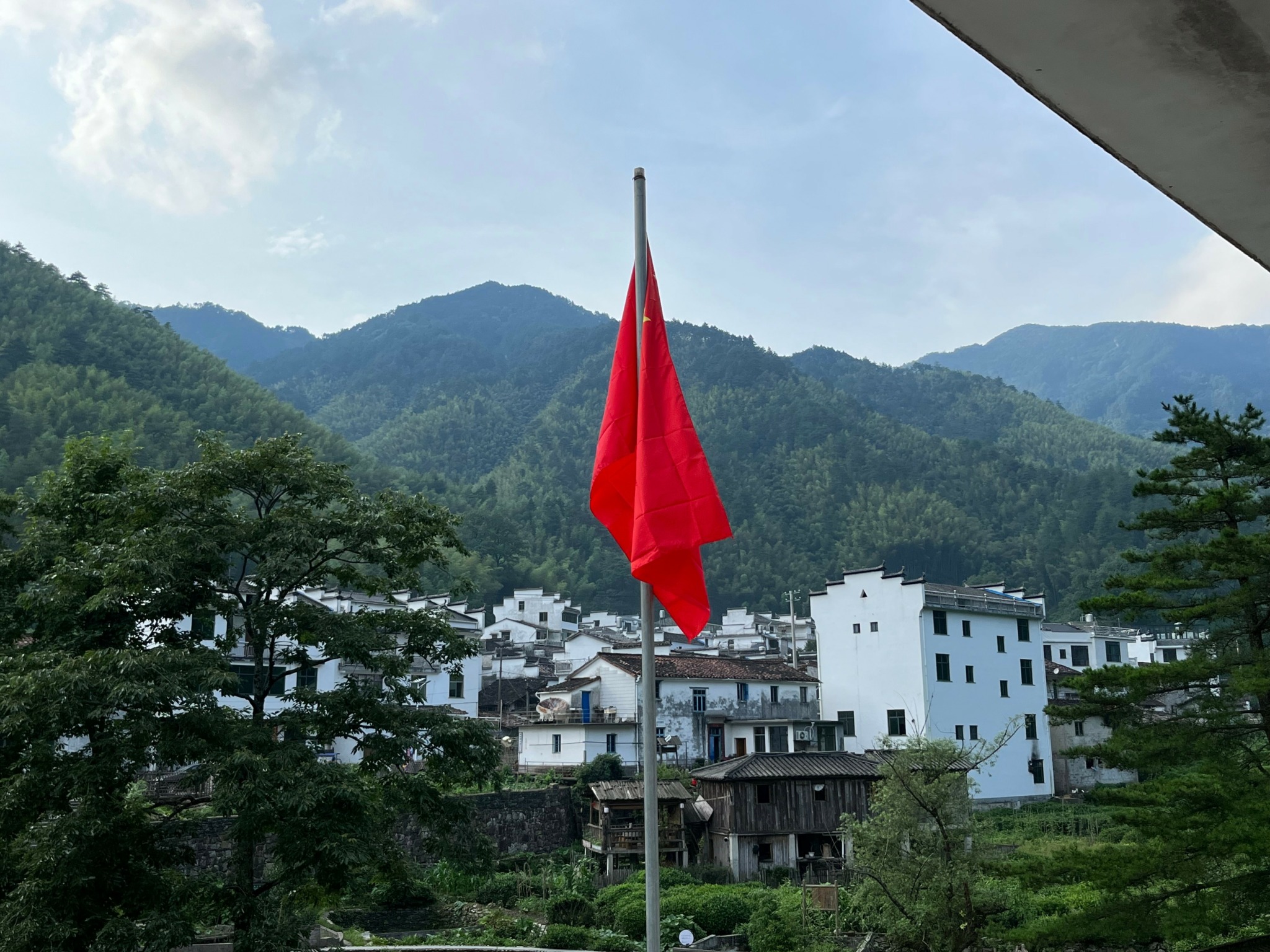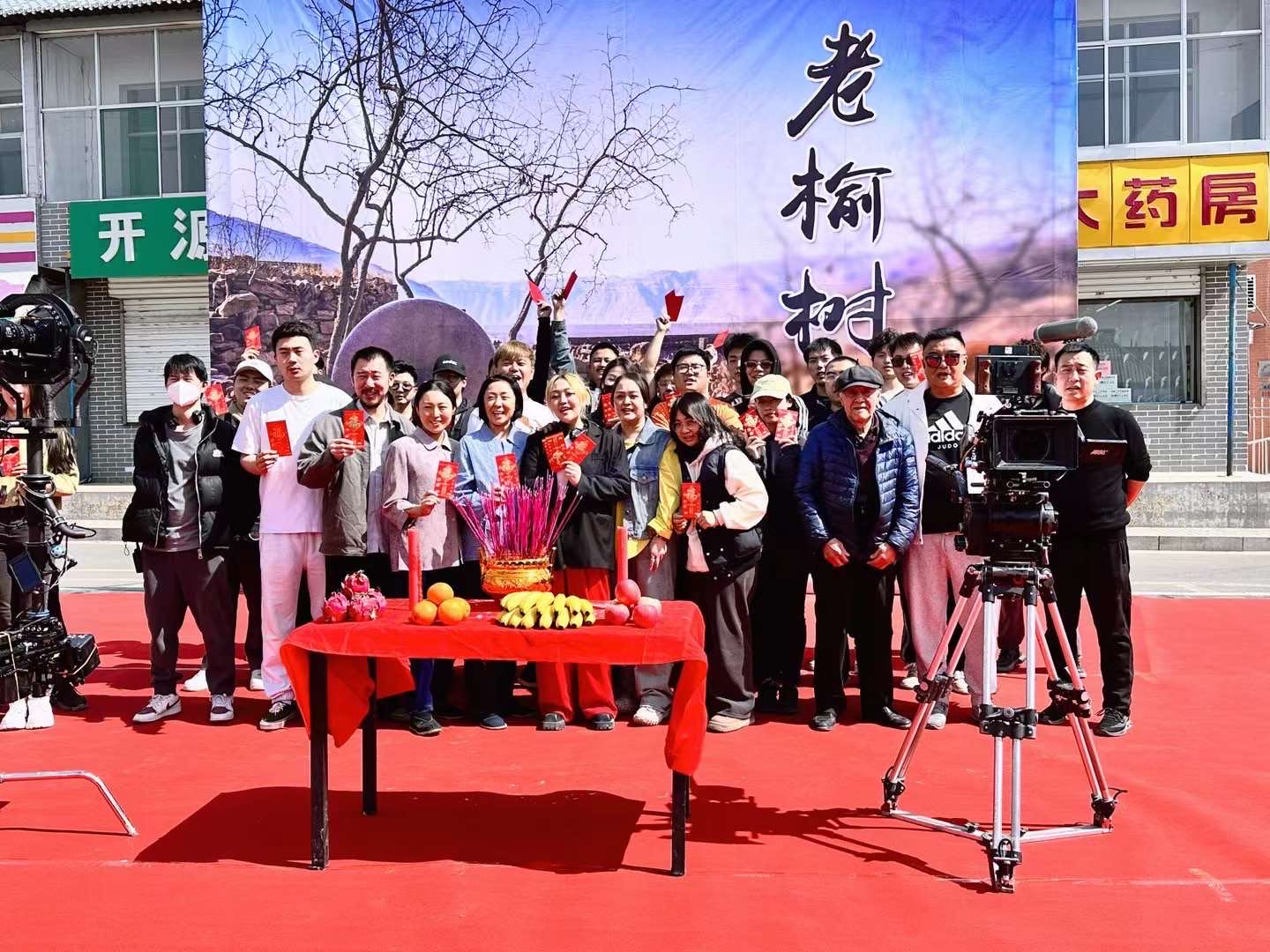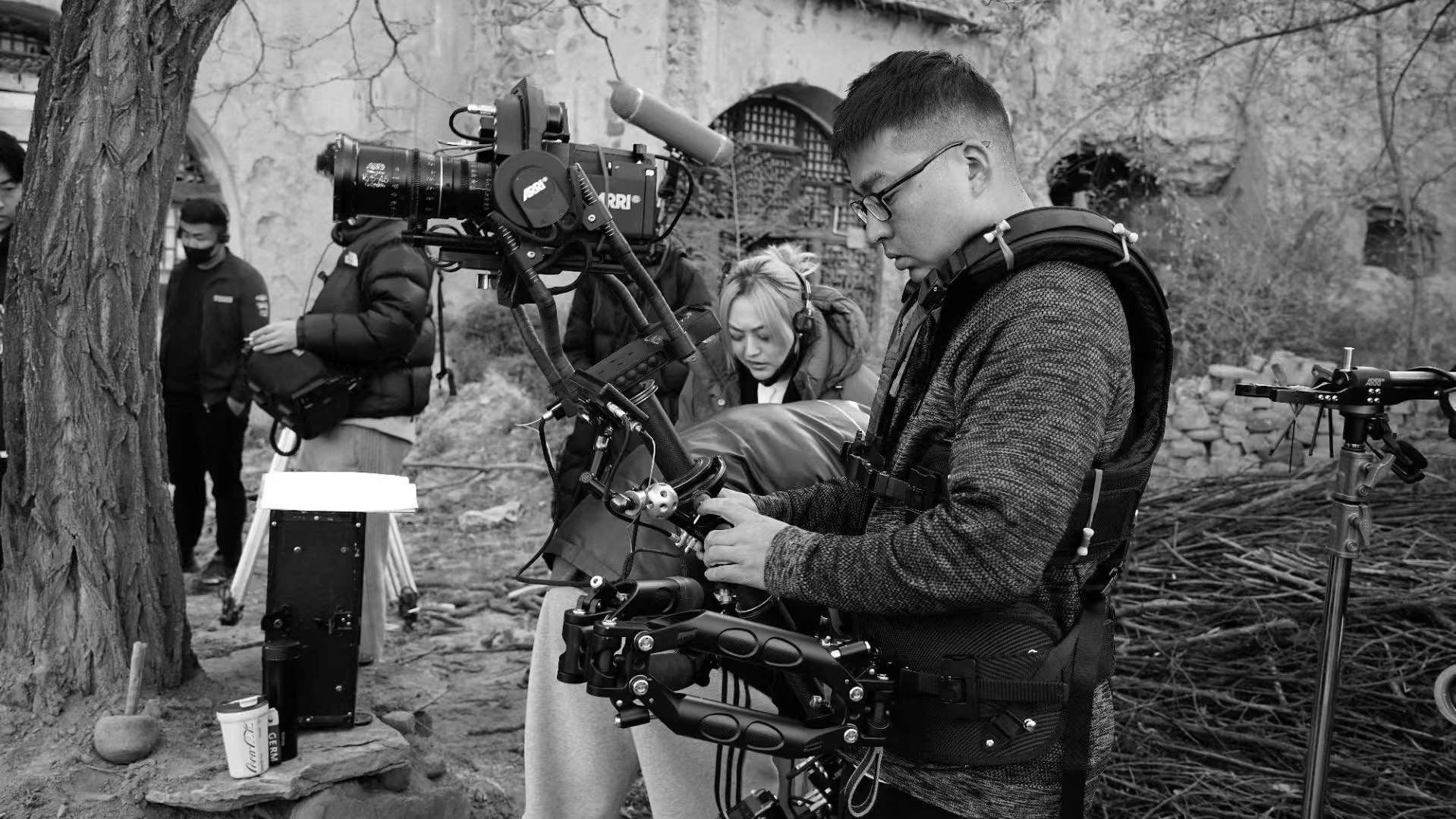We were lucky to catch up with Jie Yu recently and have shared our conversation below.
Jie, appreciate you joining us today. When did you first know you wanted to pursue a creative/artistic path professionally?
I was born into a high-pressure environment where people blindly follow major trends without truly understanding what they want: a career that makes more money than others, is more prestigious, and so on. I was one of them too. I studied finance in college because I was told it would make me a lot of money. That field is full of crazy people—crazier than artists, at least. I hoped to find some sense of value through fighting for something, anything, but I couldn’t.
I actually started writing when I was very young—novels, fan fiction, comic books. But writing was never encouraged as a career; it was just a hobby. “Anyone can write,” they said. And I believed them, until I realized that “they” had never written a single word about their own lives.
So I turned my hobby into my career.

Jie, love having you share your insights with us. Before we ask you more questions, maybe you can take a moment to introduce yourself to our readers who might have missed our earlier conversations?
I wrote dramas about Asian women underdogs and mother-daughter relationships. I have read many tv shows and films about male underdogs. They are ignored so they are angry about their world. Asian women underdogs are different. They are ignored so they are angry about themselves. The mother-daughter relationship I mentioned is not limited to a woman and her biological mother, but also a mother figure in their life which reflects the future version of themselves. For example, one of my tv shows, Hopeless Young Women, are about a group of troublesome teenage girls and their female teacher at the worst high school in China. I wrote that because my mom is the prototype in this story and she has been dealing with “bad” students for thirty years, also, I split myself into all kinds of troublesome girls and embody myself into those young female characters to have a conversation (or a fight) with my mother.
As you can see, my works intertwine with my life.

Let’s talk about resilience next – do you have a story you can share with us?
I had a horrible experience developing a half hour comedy about a white girl’s high school life. As an Asian woman, I have never been so cultural shocked by all those slangs and social contexts that I can’t understand. We had a table read in the writer’s room. For the first time, nothing came to my mind after I read a script and I just sat in the room for four hours without saying anything.
Luckily, nobody judged my silence, but I would judge myself for not contributing anything.
One week later, I came to that table read again, things did not get any better (of course, I can’t suddenly understand everything about a different culture in just one week)
The things I kept telling myself is: I was chose for that writers’ room for a reason. And the worst thing I can face is to be fired. So I took a step forward, which is interrupting others.
I started to ask clarification for everything I didn’t know and made a list of challenges such as I must gave at least three constructive notes during this table read.
Not every time I could accomplish those challenges. But it worked, maybe, at least I was not fired and the show is casting now.

What do you find most rewarding about being a creative?
The most rewarding time is not when I win an award, but when I get home, everyone I know comes to my side and shares their stories with me, hoping I can write them down.
None of my friends or families are positive about the career I chose as a screenwriter. My parents fear I will remain unemployment through my life. My friends are mostly CS majors and engage in research on AI which “is going to take over my job”.
Things started to change after I told my mom I wrote a script about she and I returned to her hometown during summer. She strongly agrees that her story is worth being written and she has never been so enthusiastic at sharing her life experience. My father soon became jealous and started to share his stories too.
Last time I came back to my hometown, which is a rural small village, I was grabbed by a 98-old lady I didn’t know at all on my way. She used a dialect I can barely understand. She heard from somewhere that I am a big writer, and she was desperately sharing her stories.
I am not a big writer yet, but I do write. So I listen to them, feeling I am trusted. That’s very rewarding.
- Linkedin: https://www.linkedin.com/in/jieyu01



